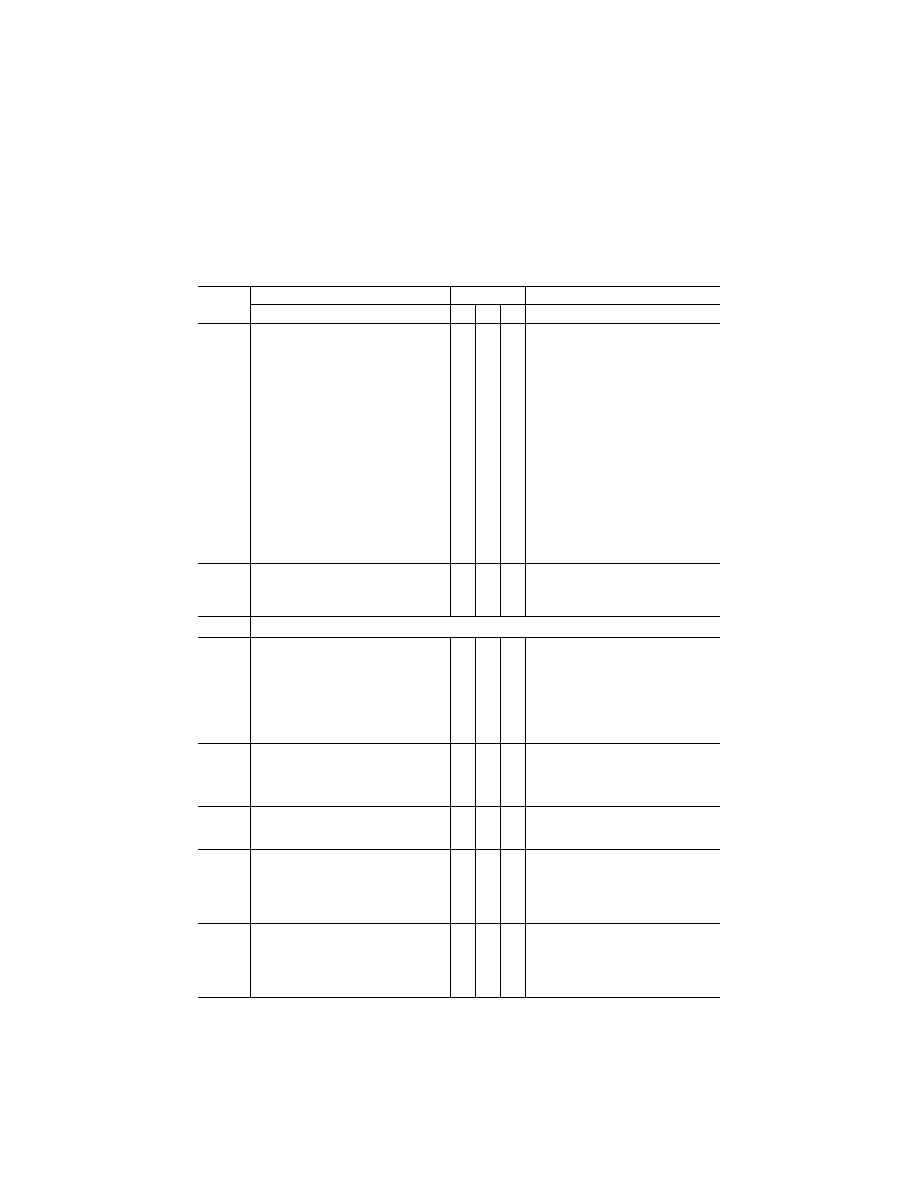
327
Federal Aviation Administration, DOT
Pt. 60, App. C
T
ABLE
C1A—M
INIMUM
S
IMULATOR
R
EQUIREMENTS
—Continued
Entry No.
QPS requirements
Simulator levels
Information
General simulator requirements
B
C
D
Notes
1.a. ...........
The simulator must have a flight deck that is a
replica of the helicopter being simulated.
The simulator must have controls, equipment,
observable flight deck indicators, circuit
breakers, and bulkheads properly located,
functionally accurate and replicating the heli-
copter. The direction of movement of con-
trols and switches must be identical to that
in the helicopter. Pilot seats must afford the
capability for the occupant to be able to
achieve the design ‘‘eye position’’ estab-
lished for the helicopter being simulated.
Equipment for the operation of the flight
deck windows must be included, but the ac-
tual windows need not be operable. Fire
axes, extinguishers, and spare light bulbs
must be available in the FFS but may be re-
located to a suitable location as near as
practical to the original position. Fire axes,
landing gear pins, and any similar purpose
instruments need only be represented in sil-
houette.
X
X
X
For simulator purposes, the flight deck con-
sists of all that space forward of a cross
section of the fuselage at the most extreme
aft setting of the pilots’ seats including addi-
tional, required flight crewmember duty sta-
tions and those required bulkheads aft of
the pilot seats. For clarification, bulkheads
containing only items such as landing gear
pin storage compartments, fire axes and ex-
tinguishers, spare light bulbs, and aircraft
documents pouches are not considered es-
sential and may be omitted.
1.b. ...........
Those circuit breakers that affect procedures
or result in observable flight deck indications
must be properly located and functionally
accurate.
X X X
2.
..............
Programming
2.a. ...........
A flight dynamics model that accounts for var-
ious combinations of air speed and power
normally encountered in flight must cor-
respond to actual flight conditions, including
the effect of change in helicopter attitude,
aerodynamic and propulsive forces and mo-
ments, altitude, temperature, mass, center
of gravity location, and configuration.
An SOC is required
X X X
2.b. ...........
The simulator must have the computer capac-
ity, accuracy, resolution, and dynamic re-
sponse needed to meet the qualification
level sought.
An SOC is required
X X X
2.c. ...........
Ground handling (where appropriate) and aer-
odynamic programming must include the fol-
lowing:.
2.c.1. ........
Ground effect ....................................................
Level B does not require hover programming
An SOC is required
X
X
X
Applicable areas include flare and touch down
from a running landing as well as for in-
ground-effect (IGE) hover. A reasonable
simulation of ground effect includes mod-
eling of lift, drag, pitching moment, trim, and
power while in ground effect.
2.c.2. ........
Ground reaction ................................................
Level B does not require hover programming
An SOC is required
X
X
X
Reaction of the helicopter upon contact with
the landing surface during landing (e.g.,
strut deflection, tire or skid friction, side
forces) may differ with changes in gross
weight, airspeed, rate of descent on touch-
down, and slide slip.
VerDate Sep<11>2014
16:30 Jun 25, 2019
Jkt 247047
PO 00000
Frm 00337
Fmt 8010
Sfmt 8002
Q:\14\14V2.TXT
PC31
kpayne on VMOFRWIN702 with $$_JOB